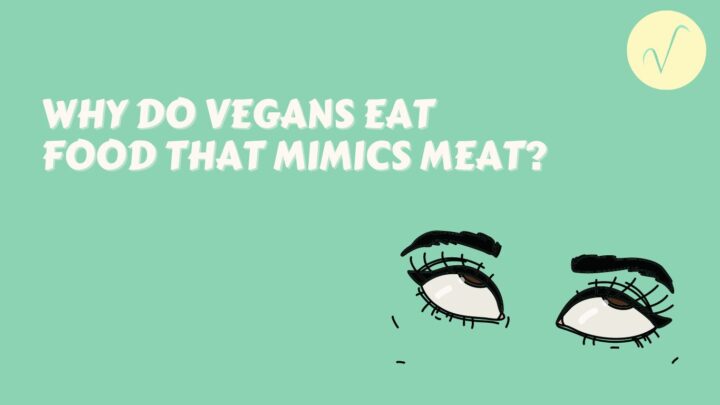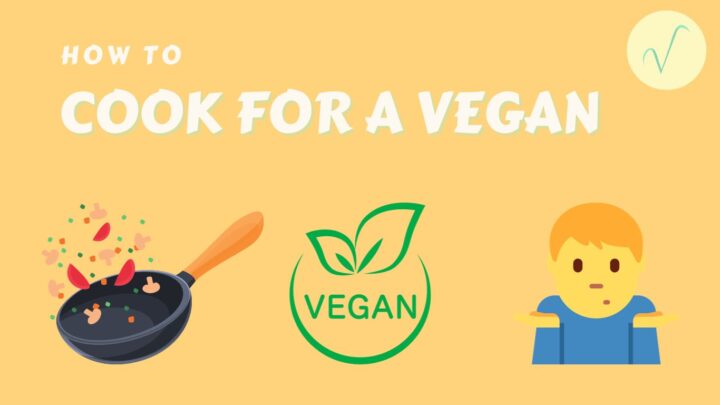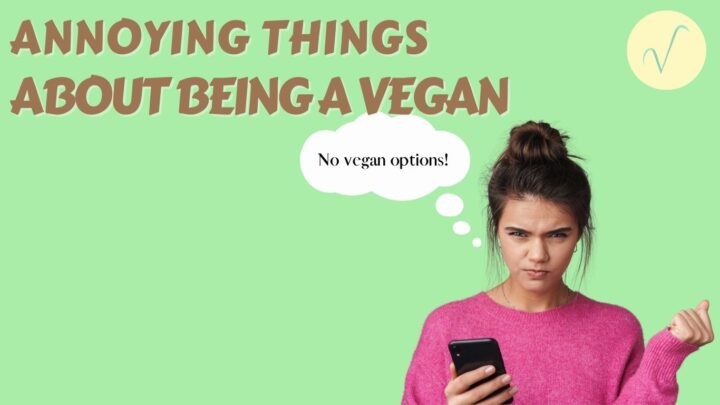Let’s be honest, if you went from a meat eater to vegan, there’s quite some adapting to do. Before you find your ideal alternatives and get truly immersed in the diet, there’s a lot of experimentation where you’ve got to deal with blander tasting foods.
It’s understandable, a lot of meat and dairy-based foods are usually really salted, or fatty, and highly calorific. It’s no wonder why a sudden change to a vegan lifestyle can make the vegan diet seem bland.

Just because it starts that way doesn’t mean it needs to end that way. As most seasoned vegans and plant-based supporters would know, the vegan diet is in no way bland or flavourless, quite the opposite.
This post is going to go through how to make vegetables taste good, so you won’t miss the meat.
Why are vegetables so bland?
People usually feel vegetables are bland simply because of how their palette works. It’s quite simple, if you’ve spent your whole life eating plain veggies (with butter or olive oil, salt and pepper) alongside well-seasoned entrees, it’s no wonder why the veggies seem so lack luster.
Most people have dulled their taste buds as a result of this, as vegetables have a more subtle taste as opposed to more pronounced flavours that come from butter, or even meat itself, which has its own distinct taste and aroma to it.
That being said, here are some tips I’ve picked up over the past few years, on how to make vegetables more palatable.
Tip #1: Be ready to experiment with new ingredients
Going vegan is no easy ball game, you can’t simply replace chicken with tofu and expect it to behave the same. You need to experiment with what you already know, and be prepared to adapt.
It took me experimenting for a while to find out I loved lentils and potatoes as a minced meat replacement, but before going vegan I didn’t even know what lentils were.
Picture this, I already knew about blackbeans and chickpeas, but I was absolutely clueless on what to cook and season them with.

Tip #2: Season, umamify and enliven your food
The thing about meat, is that you don’t always need to season it. Not to say people don’t season their chicken, but things like bacon, sausages, fish, anything omnivores can have at a barbecue, they can get away with just adding a bit of salt and it’ll taste okay.
If you miss the saltiness of meat, then salt your food or cook it in soy sauce, there are ways around the umami flavour.
With a vegan diet, a sudden shift to plant-based foods will mean much less pronounced flavours. The way to get past this is to experiment with seasonings to bring out the true flavours of your ingredients.
Some of my favourite seasonings include: Italian herbs, cumin, ground coriander, smoked paprika, thyme, parsley, and often use salt, pepper, chilli powder, bay leaves, veg stock and all purpose seasoning. Not only seasonings, but it’s important to pair your veggies with pungent ingredients like garlic, onion, turmeric, ginger, to bring your food to life.
Practice makes perfect, but the more you practice, the better your vegetables will taste.

Tip #3: Go for the more quality ingredients
A vegan diet is fairly affordable, you’d come to realise this when you buy more vegetables instead of meat at the supermarket. That being said, sometimes it’s worth getting the organic or farm fresh option, for the sake of your palette.
I always, without fail, pay anything over 4 euros for the expensive extra virgin olive oil that comes in a dark glass bottle, over any regular olive oil. Anyone who understands the difference will get where I’m coming from.
Apply that to your everyday life, don’t buy the basic supermarket pomegranate when there are beautiful fresh pomegranates available seasonally at the local fruit market. The same applies for the vegetables you buy, where you source them from makes a difference.
We will always recommend buying in season vegetables as opposed to the basic veggies available year round in your local supermarket.

Tip #4: Try different methods of preparation
This applies to how you slice your vegetables, to how you cook them. It’s all good regularly eating broccoli, but if you’re only eating boiled soggy broccoli you’re not doing it right.
Experiment with different modes of cooking, and instead of boiling, try steaming, baking, or air frying, you can stir fry every once in a while. Experiment with big chunks, to spiralled pieces, strips, cubes, and see what you prefer.
I swapped out regular broccoli for tender stem simply cause it tastes better.

Tip #5: Eat more of them
One tip that sounds a bit throw-away is to simply eat more veggies, then eventually they will taste better to you.
Think about it from the other side, being used to eating meat can have one preferring meat to vegetables, the same can be said from the other side of the coin.
Single handedly the best way to make your veggies taste better is to get used to eating a variety of them.

Does eating more veggies make them taste nicer?
Making vegetables taste good is not just about how good you can season them, the body also has to get used to eating more of them. As you eat more vegetables, you get changes in your preferences, your gut changes, and your health changes.
You literally grow accustomed to it, think about when you were a child and didn’t like mushrooms, until that first time you tried fried oyster mushroom (unless you hate mushrooms!).
In a way, yes. Eating more veggies does make them taste nicer, but you have to do the work to make them taste good.
I hope you enjoyed this article on how to make vegetables taste better, if I inspired you, be sure to share with with a friend or loved one.
Thanks for considering veganising it for your vegan lifestyle inspiration, stay well and blessed.




